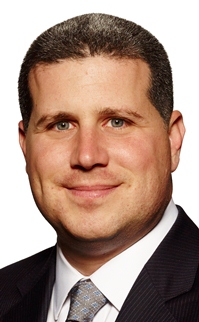 Hiscox USA has been selling commercial-insurance products direct to small businesses since 2010, and while the company has bet on a bright future for this distribution method, CEO Ben Walter still believes in the value of agents and brokers as well.
Hiscox USA has been selling commercial-insurance products direct to small businesses since 2010, and while the company has bet on a bright future for this distribution method, CEO Ben Walter still believes in the value of agents and brokers as well.
“What I caution against is thinking of [the direct and broker channels] as mutually exclusive competitive segments,” Walter says. “I think they're complimentary.”
Some business, he says, lends itself to the direct channel while other business does not. If it's all done the right way, says Walter, selling some commercial business direct frees brokers up to become true risk advisors for the businesses that really need it.
Recommended For You
Want to continue reading?
Become a Free PropertyCasualty360 Digital Reader
Your access to unlimited PropertyCasualty360 content isn’t changing.
Once you are an ALM digital member, you’ll receive:
- Breaking insurance news and analysis, on-site and via our newsletters and custom alerts
- Weekly Insurance Speak podcast featuring exclusive interviews with industry leaders
- Educational webcasts, white papers, and ebooks from industry thought leaders
- Critical converage of the employee benefits and financial advisory markets on our other ALM sites, BenefitsPRO and ThinkAdvisor
Already have an account? Sign In Now
© Touchpoint Markets, All Rights Reserved. Request academic re-use from www.copyright.com. All other uses, submit a request to [email protected]. For more inforrmation visit Asset & Logo Licensing.







